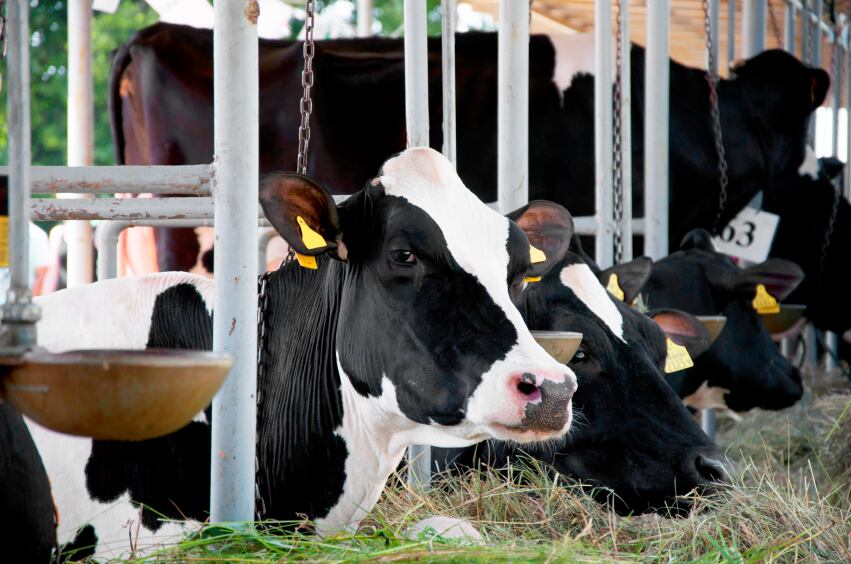Omega-3 polyunsaturated fatty acids (FAs) are known to play an active role in mediating the anti-inflammatory response. The findings could explain why children who consume unprocessed milk are less likely to develop asthma.
Researchers led by Dr Erika von Mutius, professor of paediatric allergology at Ludwig-Maximilians-Universität Munich (LMU), observed over a thousand children living in rural areas, as part of the PASTURE research project.
The children’s mothers kept records of their child’s nutrition and illnesses up until the age of six. Analysis of these health diaries revealed that the proportion of children who had developed asthma by that age was significantly lower in the group who had regularly consumed untreated farm milk.

A number of epidemiological studies have pointed toward this effect, which has now been verified by LMU researchers in the PASTURE birth cohort. These studies point towards increased levels of microbial substances, found in farm animals and the consumption of milk may contribute to the protective effects.
Commercially available cow's milk is usually heat treated to inactivate potentially hazardous microorganisms. The treatment also alters the proteins in the milk ingredients, which may explain the loss of its benefits after pasteurisation.
Dairy processes also affect the milk lipid fraction as centrifugation and homogenisation change its content, balance and bioavailability of milk FAs. This is significant as consumption of full-cream milk and butter, has been implied in the protective effect on asthma.
PASTURE study
The Protection Against Allergy—Study in Rural Environments (PASTURE) study observed 1133 children, from birth to age six, located in five rural areas in Germany, Austria, Switzerland, Finland and France.
In 934 children, milk consumption was assessed using yearly questionnaires, and samples of the 'usually' consumed milk and serum samples of the children were collected at age four. Doctor-diagnosed asthma was parent reported at age six.
To measure milk FA content, a control group consisting of 84 children was selected from all 517 children participating in the milk sampling at age four. This control group contained 35 asthmatic patients with available milk samples and a random sample of 49 healthy children.
Results indicated the risk of asthma at six years of age was reduced by previous consumption of unprocessed farm milk compared with processed milk.
Omega supreme
“Regular unprocessed milk consumption was inversely related to asthma onset by age six years,” the researchers noted. “The association was stronger with recent exposure compared with exposure in early childhood.”
They attributed the milk’s protective effect to the absence of heating and partly by a higher fat content. In addition, the effect of fat content was largely attributable to higher omega-3 FA levels and a lower omega-6/omega-3 ratio in unprocessed milk compared with industrially processed milk.
The asthma-protective effect of farm milk consumption in childhood is well in line with findings from several other countries in and beyond Europe (Illi et al, 2012, Waser et al, 2007).
The researchers noted the beneficial effect of the milk on asthma increased over time. The recent consumption of farm milk seemed to be more relevant than

consumption in the first years of life.
They also acknowledged that because farm milk was not homogenised unlike commercially available milk, it was difficult to separate the effects of homogenisation and heat treatment.
Centrifugation removes particles, microorganisms, and somatic cells; however, its main goal is to regulate the fat content of the final product.
Source: Journal of Allergy and Clinical Immunology
Published: dx.doi.org/10.1016/j.jaci.2015.10.042
“ω-3 fatty acids contribute to the asthma-protective effect of unprocessed cow's milk.”
Authors: Brick T, Schober Y et al.
